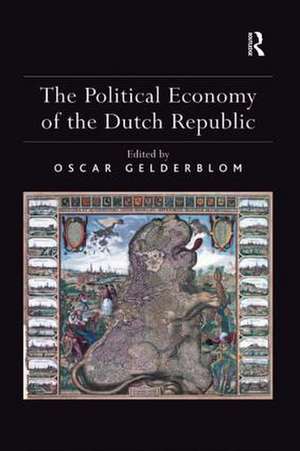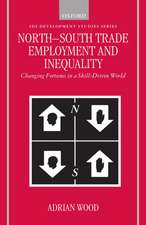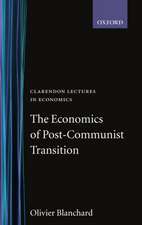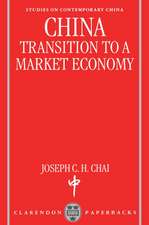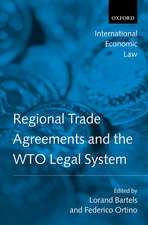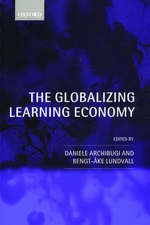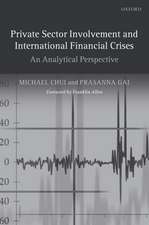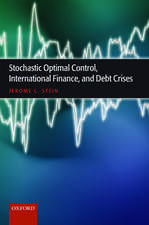The Political Economy of the Dutch Republic
Editat de Oscar Gelderblomen Limba Engleză Hardback – 28 feb 2009
Preț: 1065.78 lei
Preț vechi: 1299.73 lei
-18% Nou
Puncte Express: 1599
Preț estimativ în valută:
203.94€ • 218.08$ • 170.04£
203.94€ • 218.08$ • 170.04£
Carte tipărită la comandă
Livrare economică 18 aprilie-02 mai
Preluare comenzi: 021 569.72.76
Specificații
ISBN-13: 9780754661597
ISBN-10: 0754661598
Pagini: 346
Dimensiuni: 156 x 234 x 21 mm
Greutate: 0.77 kg
Ediția:1
Editura: Taylor & Francis
Colecția Routledge
Locul publicării:Oxford, United Kingdom
ISBN-10: 0754661598
Pagini: 346
Dimensiuni: 156 x 234 x 21 mm
Greutate: 0.77 kg
Ediția:1
Editura: Taylor & Francis
Colecția Routledge
Locul publicării:Oxford, United Kingdom
Notă biografică
Dr Oscar Gelderblom is based at Utrecht University, The Netherlands.
Recenzii
’... the entire collection is characterised by a high level of quality (not always a given with these types of enterprises). The range of contributions from the history of economic thought, to rural development, to tariff policy, to the financing of water management projects, to the financing of long distance trading ventures, offers the reader a comprehensive look at the political economy of the Dutch Republic.’ Itinerario ’This long-awaited volume should be a starting point for anyone who requires a grounding in the fiscal history of the Dutch Republic. ... The result is that rare collection of essays that delivers far more than it promises.’ EH.NET '[The volume's] contributors and editor are to be applauded from bringing a fascinating paradox, the local roots of global power, to a wider audience.' Sixteenth Century Journal
Cuprins
Introduction; 1: Emulating Success: Contemporary Views of the Dutch Economy before 1800; 2: Holland's New Fiscal Regime, 1572–1576; 3: The Efficiency of Taxation in Holland 1; 4: The Political Economy of Bread in the Dutch Republic; 5: Mutual Advantages: State Bankers as Brokers between the City of Amsterdam and the Dutch Republic; 6: Tax Morale and Citizenship in the Dutch Republic; 7: Rural Development and Landownership in Holland, c.1400–1650 1; 8: Financing Water Management in Rijnland, 1500–1800; 9: The Organization of Long-Distance Trade in England and the Dutch Republic, 1550–1650 1; 10: The Union of Utrecht, Tariff Barriers, and the Interprovincial Beer Trade in the Dutch Republic 1; 11: Local Particularism Challenged, 1795–1813
Descriere
In the first half of the seventeenth century the Dutch Republic emerged as one of Europe's leading maritime powers. The political and military leadership of this small country was based on large-scale borrowing from an increasingly wealthy middle-class of merchants, manufacturers and regents This volume presents the first comprehensive account of the political economy of the Dutch republic from the sixteenth to the early nineteenth century. Building on earlier scholarship and extensive new evidence it tackles two main issues: the effect of political revolution on property rights and public finance, and the ability of the nation to renegotiate issues of taxation and government borrowing in changing political circumstances. The essays in this volume charts the Republic's rise during the seventeenth century, and subsequent decline as other European nations adopted the Dutch financial model and warfare bankrupted the state in the eighteenth century. By charting the United Provinces's financial ability to respond to the changing national and international circumstances across a three-hundred year period, much can be learned not only about the Dutch experience, but the wider European implications as well.
